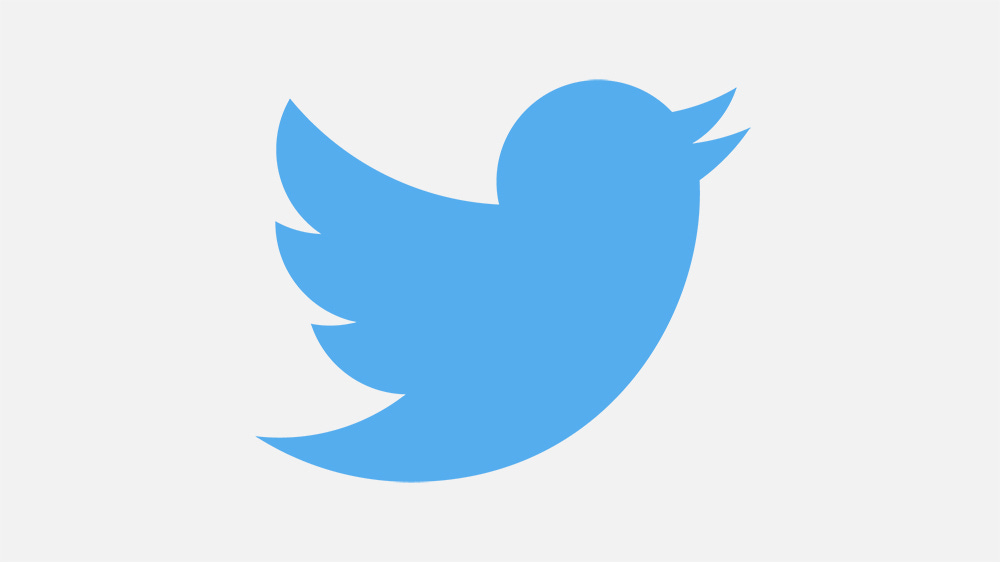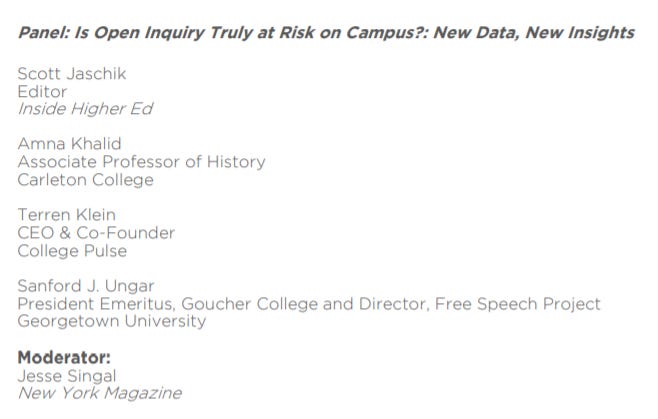Could The Coward's Like Save Twitter? *
An elegant cyber-solution in an increasingly troubled e-age

(Make sure to read on after you get to the end of this Twitter thing for two quick notes, one about a conference panel I’m moderating and one about a new book giveaway.)
There are a million downsides to living in New York, but one of the upsides is that a lot of interesting people also live here. Recently, in what was very much a departure from my usual Sunday night routine — prostrate on the couch, streaming something stupid, maybe a beer, probably eating something horrifically unhealthy — I was at a dinner with some smart (other than me) journalism and academia types. One of them was the social psychologist Jonathan Haidt, and when the subject of Twitter came up — what else is a group of journalism and academia types going to talk about in 2019? — he had a really interesting idea that I quickly dubbed “the coward’s like.”
Some context might help here. One of the reasons Twitter is so terrible and shrieky has to do with the skewed nature of the feedback users receive — the platform is basically a giant preference falsification machine. Back in January I put into paragraph form a really good tweetstorm from the philosopher and psychology researcher Brian Earp laying out the general issue (if you click on that link, scroll down a bit to get to this part):
I have a hypothesis about what might contribute to *moral outrage* being such a big thing on social media. Imagine I’m sitting in a room of 30 people and I make a dramatic statement about how outraged I am about X. And, say, five people cheer in response (analogous to liking or retweeting). But suppose the other 25 people kind of stare at the table, or give me a weird look or roll their eyes, or in some other way (relatively) passively express that they think I’m kind of overdoing it or maybe not being as nuanced or charitable or whatever as I should be.
In real life we get this kind of “passive negative” feedback when we act morally outraged about certain things, at least sometimes. Now, a few people in the room might clear their throat and actively say, “Hey, maybe it’s more complicated than that,” and on Twitter there is a mechanism for that: replies. But it’s pretty costly to leave a reply pushing back against someone’s seemingly excessive or inadequately grounded moral outrage, and so most people probably just read the tweet and silently move on with their day. And there is no icon on Twitter that registers passive disapproval.
So it seems like we’re missing one of the major in-real-life pieces of social information that perhaps our outrage needs to be in some way tempered, or not everyone is on board, or maybe we should consider a different perspective. If Twitter collected data of people who read or clicked on a tweet, but did NOT like it or retweet it (nor go so far as write a contrary reply), and converted this into an emoji of a neutral (or some kind of mildly disapproving?) face, this might majorly tamp down on viral moral outrage that is fueled by likes and retweets from a small subset of the “people in the room”... Thoughts?
I didn’t realize, during the dinner, how much our conversation matched up with Brian’s tweetstorm. Jon’s idea is sort of a cousin of Brian’s — a way to register agreement with a tweet, but anonymously. This would make it easier for people to tweet something like “I, personally, am not outraged about X — I think this is a totally ginned-up nothing-burger, and here’s why…” and then receive public feedback showing that there are others who hold this belief, but without the likers running any risk of getting punished for expressing an anti-outrage view (almost nothing gets mad people madder than someone not being as mad as they are).
I called it the coward’s like for reasons that should be obvious — it’s like a regular Twitter like (in which the system normally registers your handle as one of the likers), but cowardly. Sorta. I don’t really blame people who are conscientious objectors to the Twitter culture wars, but sometimes their voices would be useful, because they tend to have more moderate, mainstream views than whoever is hurling themselves into a given outrage-orgy. For the coward’s like to work, I think you’d want to restrict it to people who have a Twitter account (though I could see the argument either way on that one), and all you’d have to do is make it clear that when they hit that CL button, a like will be registered but their handle won’t be attached to it.
Anyway, this would probably have its own issues, be gameable in various ways, and so on. But it’s fun to think about. Not because Twitter is particularly important in the grand scheme of things, but because it so nakedly reflects so many human foibles, and in a manner that’s very amenable to experimentation. What would it tell us if that nothing-burger tweet had almost no public likes or retweets, but thousands of coward’s likes? Would a bunch of people migrate to the coward’s like in their day-to-day Twitter usage rather than worrying about putting their (Twitter) name behind their endorsements of tweets? Would something like this help to bring back into the Twitter-fold the many people who I believe have fled the site as it has gotten crazier and less hospitable to normal folk? So many questions!
(* To be clear, nothing can actually save Twitter.)
I’m Moderating A Panel Later This Week
Speaking of Jon Haidt, the annual Heterodox Academy conference is taking place in Manhattan next Thursday and Friday. I’m moderating a panel from 1:15 to 2:30 on Friday. The deets, from the full schedule:

It should be good. I hope I don’t burst into tears while introducing the panelists, get on stage only to realize I’m pantsless, or anything like that. Either way, if you’re attending the conference you should feel free to come up and introduce yourself if you see me wandering around and the mood strikes you.
Book giveaway: Lost in a Good Game: Why we play video games and what they can do for us by Pete Etchells
I haven’t read this one yet but the publisher sent me a copy and I’m eager to dive in. I know Pete a little bit from the social-science-reform world, where he’s done some very important work, and I also quoted him in one of my favorite stories I wrote for New York Magazine’s website.
From the Amazon page:
When Pete Etchells was 13, his father died from motor neurone disease. In order to cope, he immersed himself in a virtual world - first as an escape, but later to try to understand what had happened. Etchells is now a researcher into the psychological effects of video games, and was co-author on a recent paper explaining why WHO plans to classify ‘game addiction’ as a danger to public health are based on bad science and (he thinks) are a bad idea.
In this, his first book, he journeys through the history and development of video games - from Turing’s chess machine to mass multiplayer online games like World of Warcraft or Fortnite - via scientific study, to investigate the highs and lows of playing and get to the bottom of our relationship with games - why we do it, and what they really mean to us.
At the same time, Lost in a Good Game is a very unusual memoir of a writer coming to terms with his grief via virtual worlds, as he tries to work out what area of popular culture we should classify games (a relatively new technology) under.
I’ve got three copies to give away to Singal-Minded subscribers, free or paid. Send an email with ‘gaming’ in the subject line to singalminded@gmail.com. From now on I’ll be adopting a slightly new system with regard to these free book giveaways. Instead of doing two separate drawings, one for free and one for paid subscribers, I’m just going to announce the drawing once, in the free newsletter. In a situation like this, where I have three copies, the process will go thusly:
1. I’ll generate a random number and whoever’s email address it matches up with on the list gets the first copy.
2. I’ll generate a random number and whoever’s email address it matches up with on the list gets the second copy.
3. I’ll generate a random number and whoever’s email address it matches up with on the list gets the third copy, but only if they’re a paid subscriber. I’ll repeat this step until I hit on a paid subscriber .
This way paid subscribers will still get an extra shot at every book giveaway, but I can abandon my present, somewhat clunky system in which I do two book giveaways for each book, one in the free newsletter and one in the paid.
Oh yeah and………..
I hope everyone has a fun and/or productive and/or spiritually fulfilling week. Remember that Friday is June 21st, the longest day of the year. It’s all downhill from here, etc.
Questions? Comments? Requests that I devote more of my newsletters to the nitty-gritty details of how I carry out various administrative tasks? I’m at singalminded@gmail.com or on Twitter at @jessesingal.


I'm not sure how much of people's reticence to dislike something has to do with fear of backlash. The only group that I imagine it would make a real difference for would be (semi) public figures. And from a pure numbers perspective I don't know if they make a noticeable dent.
But as has been noted this is basically reddit's system. But they had a problem with brigading in the past until they tracked it and banned a whole bunch of subs and users. This doesn't work for Twitter because they don't have users neatly contained within long lasting subs so you can track when they're invading another sub. Whereas hashtags are spontaneously generated and positive/ praising hashtag virality seems difficult to distinguish algorithmically from negative hashtags that are going to harass people.